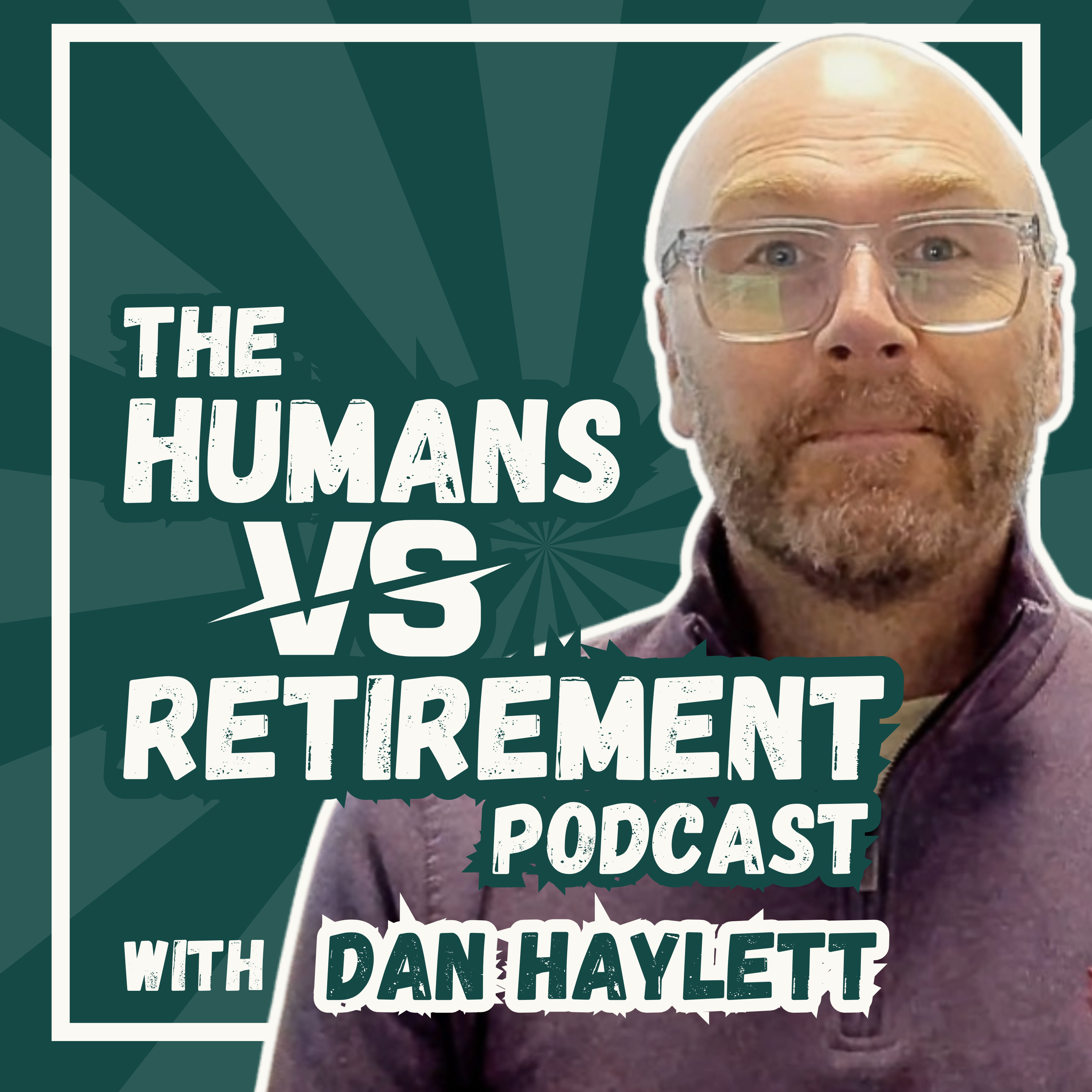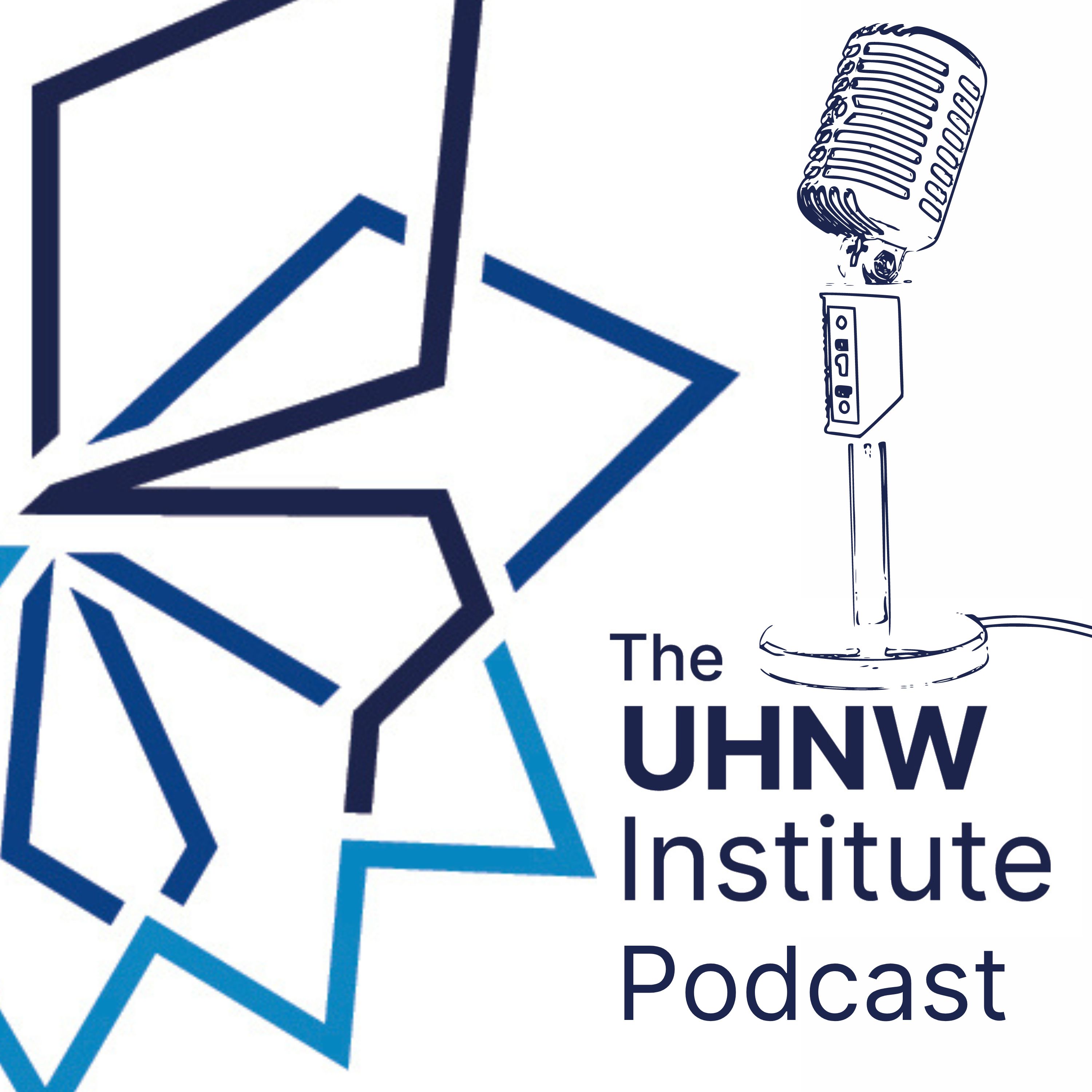
Planning & Beyond®
Planning & Beyond® transforms how financial advisors approach client relationships by bridging psychological insights with practical planning strategies. Hosted by Ashley Quamme, a licensed therapist and financial behavior specialist, each episode delivers actionable techniques you can implement in your next client meeting.
Unlike traditional financial planning podcasts that focus primarily on technical aspects, Planning & Beyond® explores the behavioral and psychological elements that shape client relationships. Through in-depth conversations with leading experts in behavioral finance, financial psychology, and financial therapy, you'll gain evidence-based strategies to navigate emotional client situations, build lasting trust, and create more meaningful relationships.
Whether you're preparing for discovery meetings, helping clients through major life transitions, or looking to deepen client connections, you'll walk away from each episode with practical tools and confident approaches to enhance your practice. Join a community of advisors who understand that exceptional financial planning goes beyond the numbers.
Topics include:
- Mastering discovery and prospect meetings
- Navigating difficult money conversations
- Understanding client psychology
- Building trust and deepening relationships
- Managing emotional client situations
- Enhancing communication skills
- Developing behavioral finance strategies
- Supporting clients through life transitions
New episodes release bi-weekly. Subscribe now to transform how you connect with clients.
Planning & Beyond®
32. How Financial Advisors Can Ask About Client Money History Without Overstepping with Meghaan Lurtz
Text us to share what you found helpful!
When clients seem stuck on financial decisions or react emotionally to planning recommendations, there's often more to the story than what shows up on their balance sheet. In this conversation with Meghaan Lurtz, we explore how financial advisors can ethically and effectively understand their clients' money history without overstepping into therapy territory.
Money history isn't just childhood memories - it's everything that happened before today that shapes how clients think, feel, and behave with money. From bankruptcy ten years ago to generational patterns around financial security, understanding these influences can transform how you craft recommendations and help clients move forward with confidence.
Meg and I break down the crucial timing considerations (spoiler: don’t ask about early money memories in your first discovery meeting), share specific questions that actually work, and explain why asking "tell me about your first job" often reveals more useful information than diving into childhood trauma. We also discuss the critical difference between gathering history and connecting dots - your role is to understand their story, not interpret it for them.
This episode launches our new "How-To" series, focusing on practical implementation strategies you can use in your next client meeting. Whether you're trying to understand why a client can't pull the trigger on a reasonable recommendation or want to build deeper relationships through meaningful conversations, this framework gives you the tools to explore money history safely and effectively.
Key Takeaways:
- Timing Matters More Than Technique: Wait until you've spent 3-10 actual hours with clients before asking about sensitive money history. Build relational equity first through helping them with their immediate planning needs.
- Ask About Empowerment, Not Helplessness: Instead of "What's your earliest money memory?" try "Tell me about your first job" or "When did you start feeling like there was money that was yours to manage?" These questions focus on times when clients had agency rather than when they were powerless.
- Document What Clients Naturally Share: Create headers in your CRM for family dynamics, early adulthood experiences, and financial transitions. Capture the nuggets clients mention organically rather than forcing deep dives into personal history.
- Use History to Inform Planning: If you're going to ask about money history, make sure it shows up in your plan presentations and ongoing conversations. Reference their stories when explaining recommendations to create personalized, meaningful guidance.
Resources and Guest Information:
- Meghaan Lurtz: You can follow on LinkedIn
- Less Lonely Money: Monthly insights on money psychology with advisor resources
- Money History Tool: Email ashley@beyondthefp.com with "Money History Tool" in subject line for the Family Financial Pattern Matrix
Connect with Host Ashley Quamme:
- Podcast Website: Planning & Beyond
- LinkedIn: Ashley Quamme - Licensed Therapist & Financial Behavior Specialist
- Beyond the Plan®: Financial psychology integration for advisory practices
Podcasts we love
Check out these other fine podcasts recommended by us, not an algorithm.

The Human Side of Money
Brendan Frazier
Healthy Love & Money: Financial Therapy, Intimacy, Conflict & Communication for Couples
Ed Coambs - Therapy-Informed Financial Planning™
Kitces and Carl - Real Talk for Real Financial Advisors
Michael Kitces, MSFS, MTAX, CFP and Carl Richards, CFP
Standard Deviations with Dr. Daniel Crosby
Dr. Daniel Crosby
Modern Husbands Podcast
Modern Husbands
The Most Hated F-Word
Shaun Maslyk
The Humans vs Retirement Podcast
Dan Haylett
